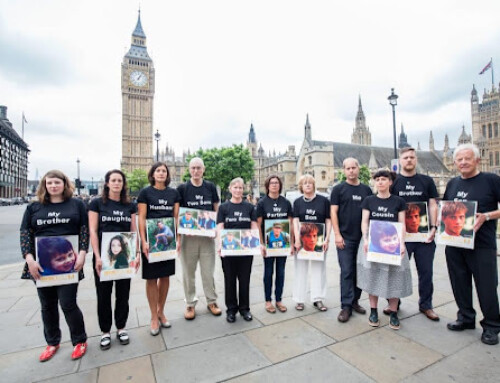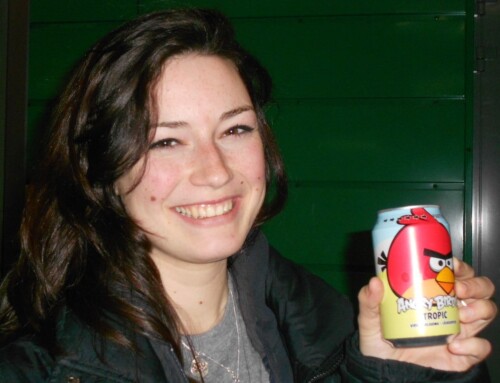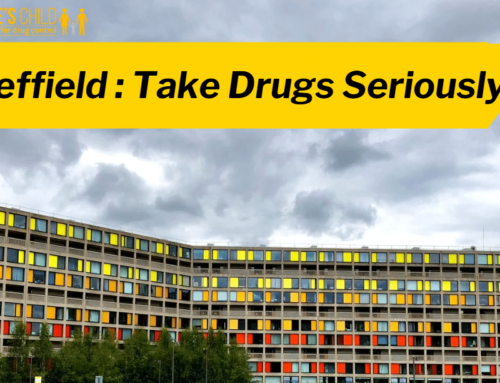This blog was written by Calum Smith, Anyone’s Child Families for Safer Drug Control
So, in the first term of uni, lines outside nightclubs are full of newly-formed friendship groups that use illegal substances for pleasure and to solidify newly-formed group solidarity. Making sure everyone drops at the same time before bouncers have a chance to check inside your shoes adds to a ‘we’re in this together’ attitude that is essential to the formation of any new group. However, unlike groups that form around mutual love of wine, football or films, the nightclub group are playing a game of roulette.
“Students have always taken drugs, and always will. The harder universities push against drug use, the worse effect it has.”
At university, groups confirming and re-confirming their group identity through sharing drugs (normally pills) was a weekly occurrence, regardless of whether it was fresher’s week or finals. I saw exactly the same thing at Bristol and Cambridge. In a recent survey, over 90% of students surveyed at UWE, John Moores, Manchester, Northumbria, Leeds and Leicester reported taking drugs, with over 70% of students at a further 35 universities surveyed reporting use. Student drug use is common, and punitive measures won’t change that. Students have always taken drugs, and always will. However, the harder universities push against drug use, the worse effect it has.
Cracking down on drug use with bouncers and searches doesn’t stop students from doing drugs. Instead, being afraid of what might happen if drugs are found on you means that the nightclub line is where most students end up consuming their nights’ worth of drugs, before there’s a chance that the bouncer will search them. This is where the roulette happens. A group of six friends could have bought and each taken six pills from the dark web that look identical, but have different strengths that could leave one person sober and the next in hospital, or worse. It struck me after the hospitalisation of friends – who had unknowingly bought some cannabis laced with heroin in a nightclub – when I was younger, and the death of a family member from taking two pills on a night out, that this game of roulette is entirely avoidable.
A friend recently told me she was going to be doing drugs for the first time, and had bought two pills to last her the night. Because drug use is currently a criminal activity yet is so deeply woven into university culture, there’s no instruction at all about how to safely take drugs. Two of the wrong pills could kill, but universities, parents, and university welfare officers have never helped students understand this, as far as I have seen. There’s no information, other than word of mouth, about how to safely take these ‘party’ drugs. What’s more, current drug policy in the UK leads to lack of regulation of drugs, meaning that the potency of MDMA in each pill could vary widely (one could contain 240mg of MDMA, the next contain none).
“Only a reduction in the hard-line anti-drug stance that follows from UK drug policy can prevent the potentially devastating effect of students taking their night’s worth of drugs in one go.”
It is a direct result of current UK drug policy that dosage levels vary this widely, universities remain silent (other than to say ‘Don’t take drugs’, which has never and will never deter students), and there’s no widely circulated information about how to safely take drugs on a night out. Organisations like the Loop already carry out drug safety testing in nightclubs and festivals as a harm-reduction measure, and we should be doing more drug safety testing in order to make drug-taking in nightclub environments safer, and minimise the chances of this game of roulette going horribly wrong. Drug safety testing in university towns would also be an important step forward; accepting that drug use is ubiquitous in the student population, and responding to this fact by practicing a sensible duty of care, rather than turn a blind-eye and use short-sighted rhetoric. In the long term, legal regulation of drugs is necessary to reduce harm even more and protect young people. Only a reduction in the hard-line anti-drug stance that follows from UK drug policy can prevent the potentially devastating effect of students taking their night’s worth of drugs in one go, before the bouncers find out.
If you are angry at the negative effects that current UK drug policy has both within university environments and beyond, and want to do something to make your voice heard, come along to the Anyone’s Child Activist training event on 28th April: 11am-2pm at New Unity, 277A Upper Street, Islington, London, N1 2TZ




Leave A Comment